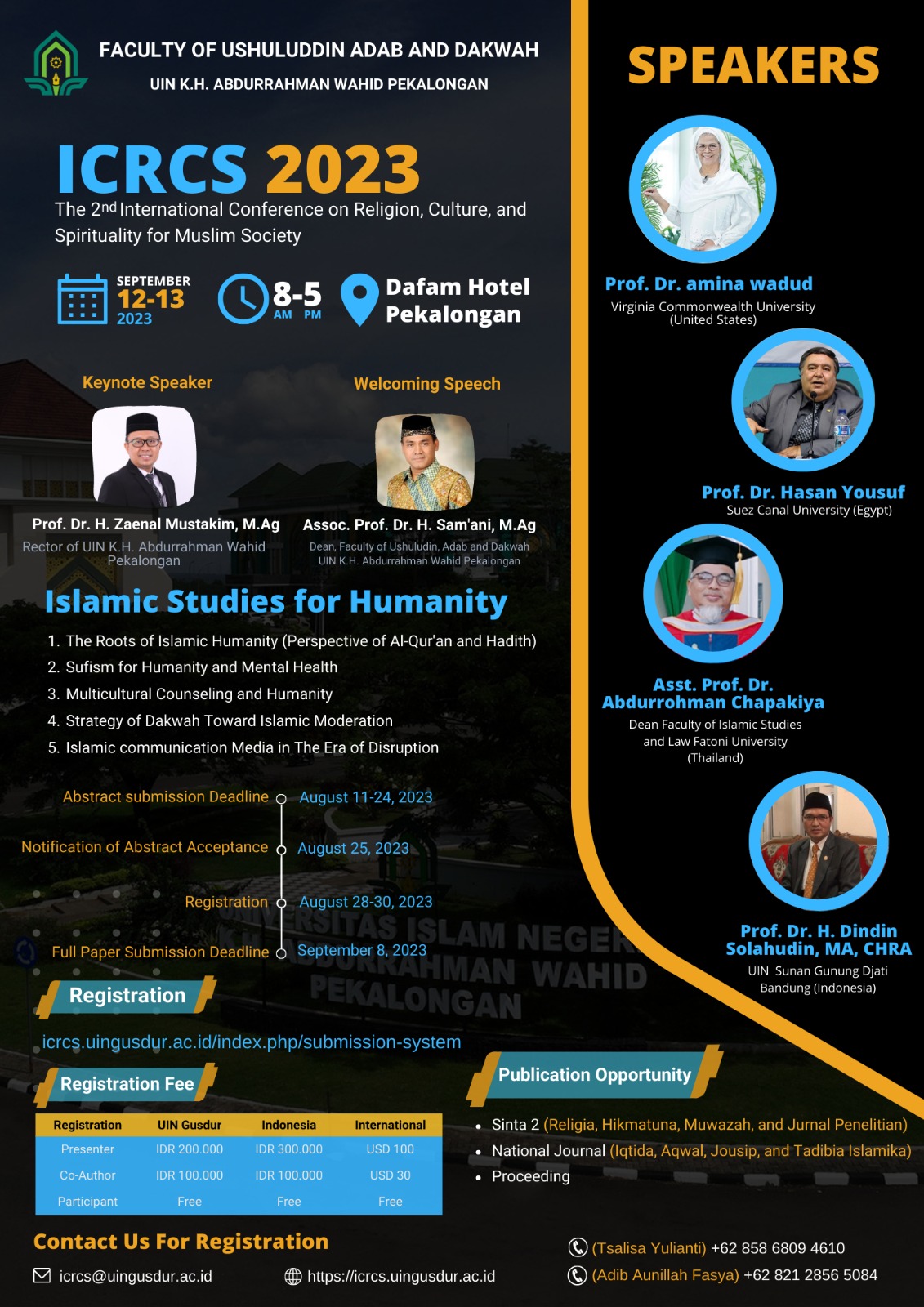Analysis of the Integration of Sufism and Psychotherapy from a Philosophical Perspective
DOI:
https://doi.org/10.28918/icrcs.v2i1.1544Keywords:
Integration, Sufism and PsychotherapyAbstract
The Qur'an is God's revelation in which it is emphasized that the origin of knowledge comes from God. Islam itself divides verses into two, namely qauliyah verses and kauniyah verses. The qauliyah verse is the text of the Qur'an itself, while the kauniyah verse is a natural phenomenon which will reveal very sophisticated technological knowledge of the universe. Islamic science is a derivative of the qauliyah verse, while science is a derivative of the kauniyah verse. From this perspective, the integration of Islamic knowledge and science should become commonplace. In fact, the two reinforce each other, that Islamic knowledge adds to the validity of science, and vice versa. Just like sufism which lives in Islam, it has also recently been combined with psychotherapy which incidentally originates from the West. However, Sufism, whose object is not empirical, is more prone to being misunderstood if clear boundaries are not given. Especially if it is combined with psychotherapy which is included in psychological studies. So this article attempts to analyze the integration of sufism and psychotherapy with a philosophical perspective as the root of the science. This qualitative research will look at the ontology, epistemology and axiology of sufism and psychotherapy; Then the author will analyze these three elements so that the results of this research will answer what the object of the science of sufism and psychotherapy is, what the boundaries of the science of sufism psychotherapy are, and what are the goals of integrating the science of Sufism and the science of psychotherapy.




